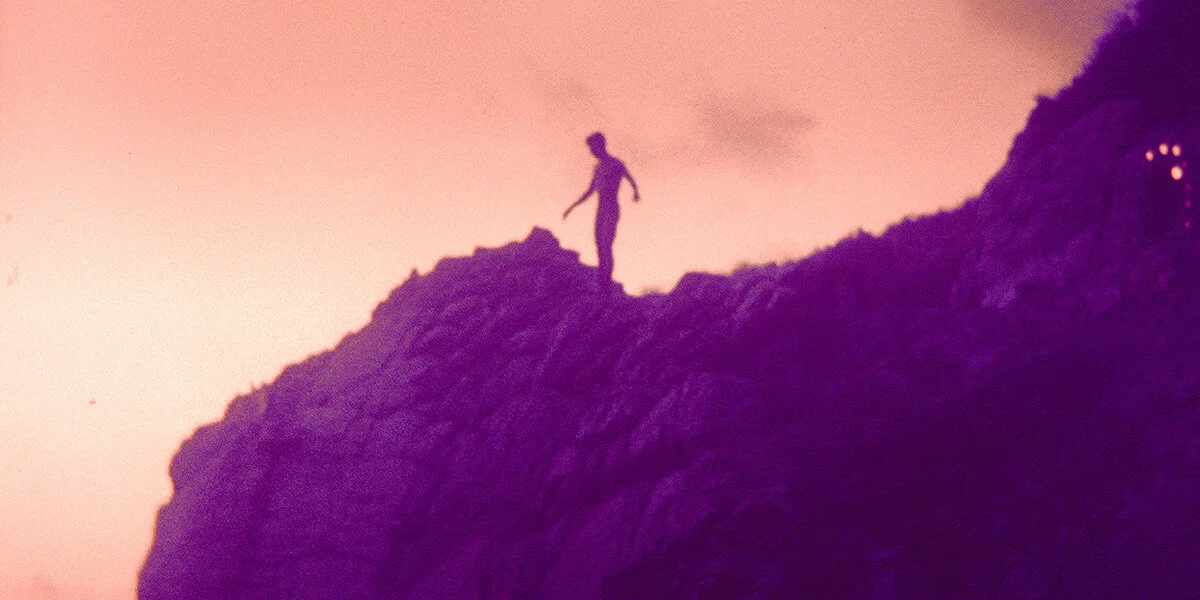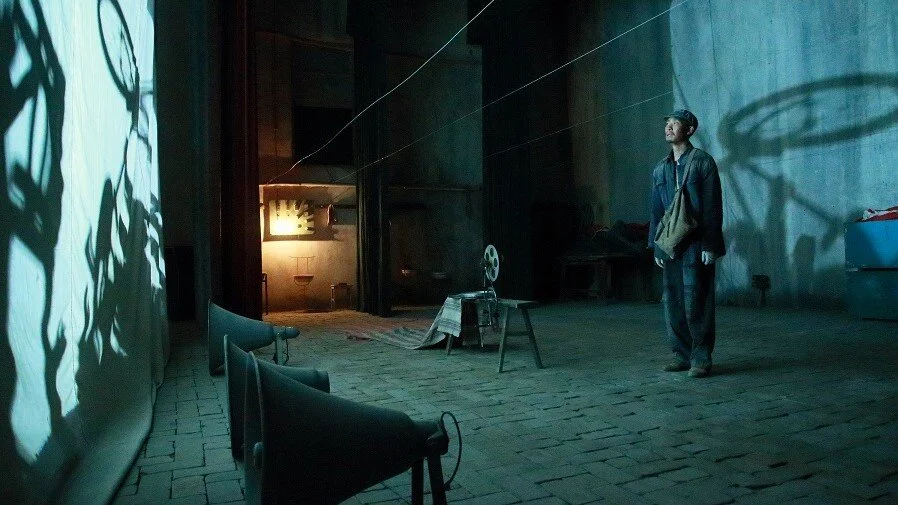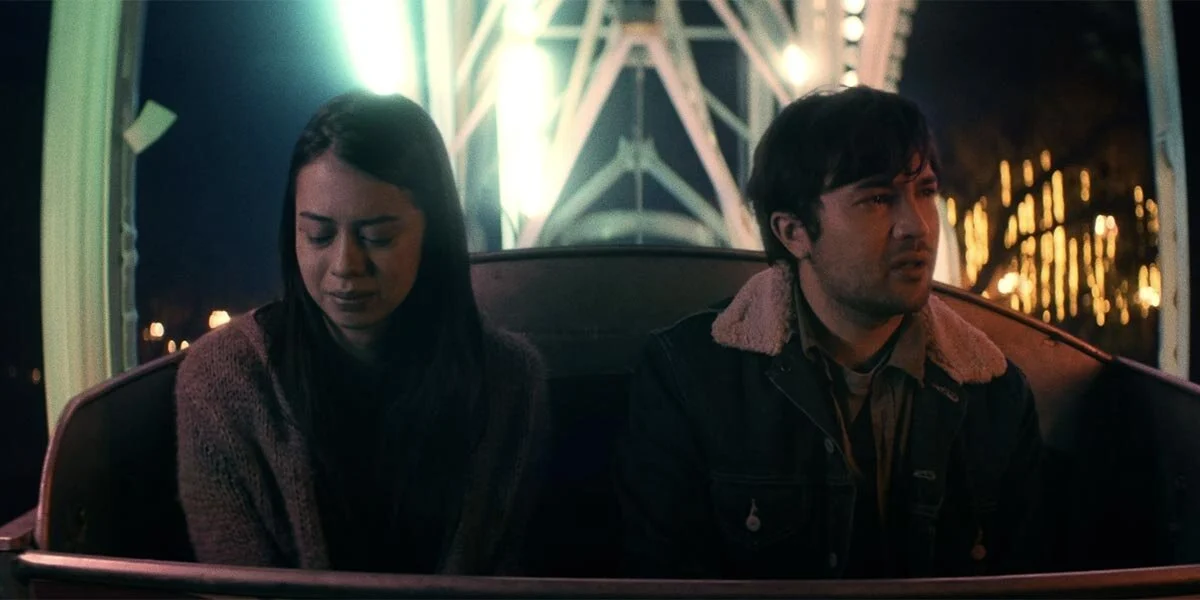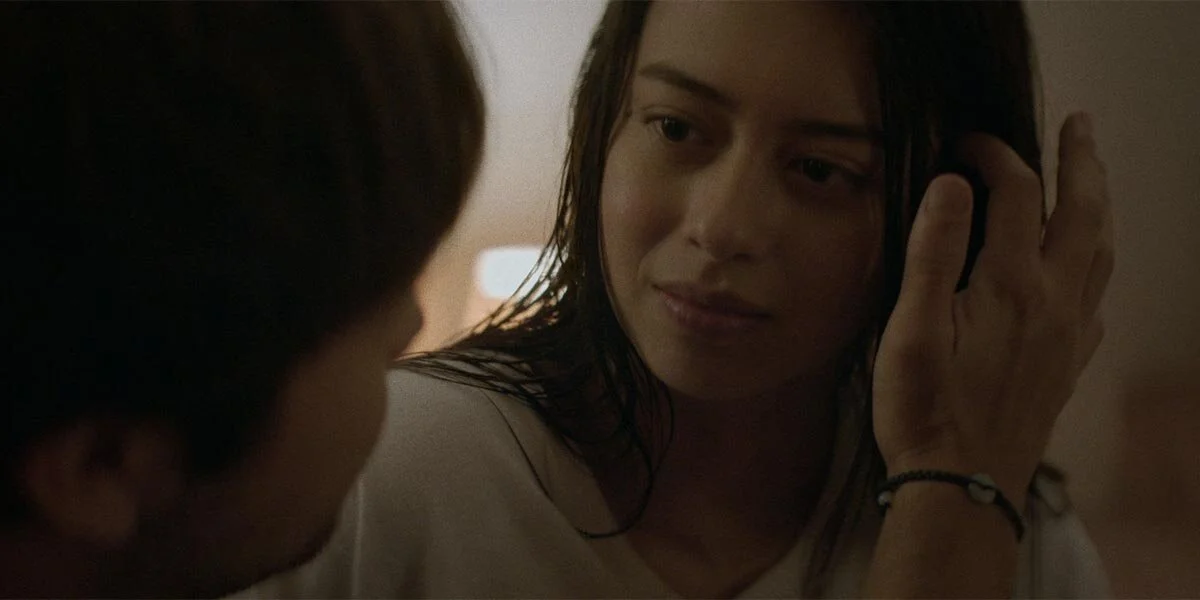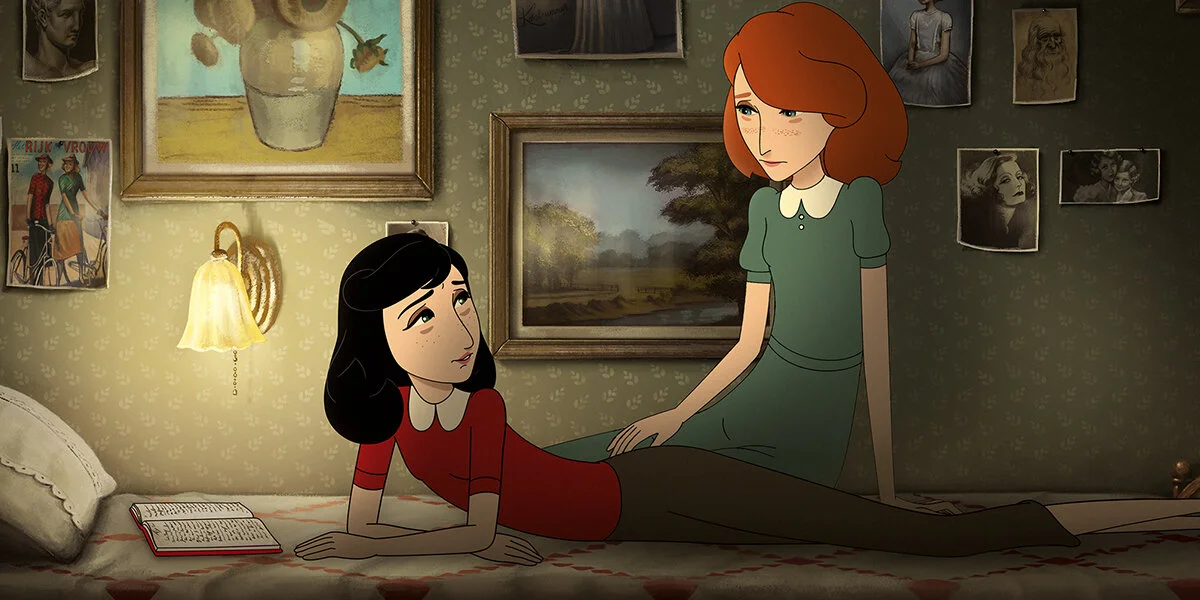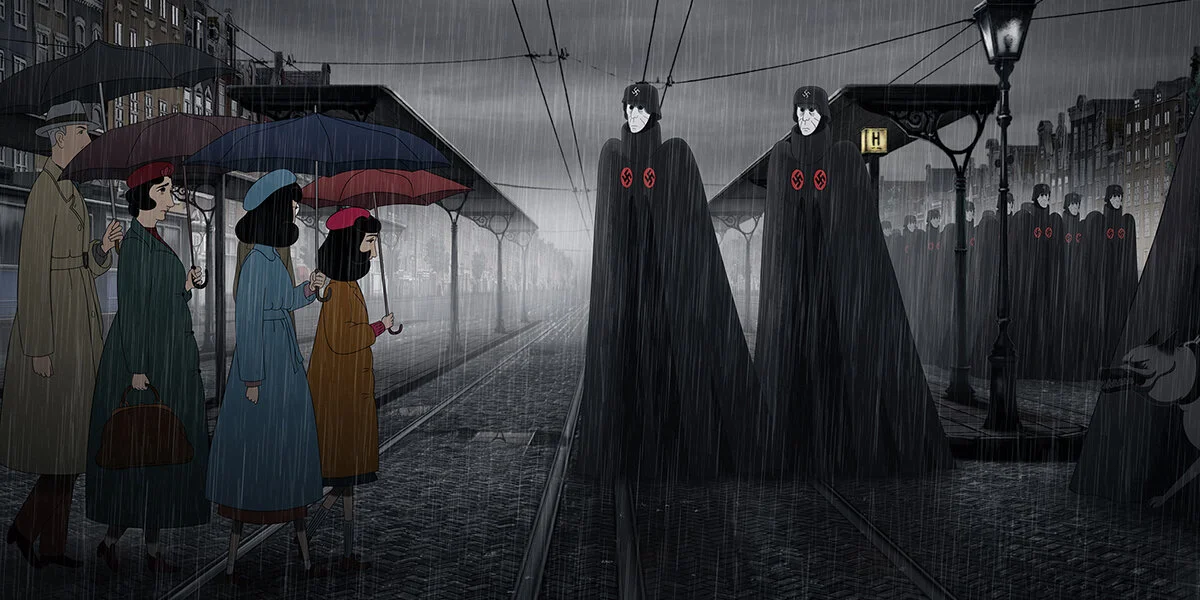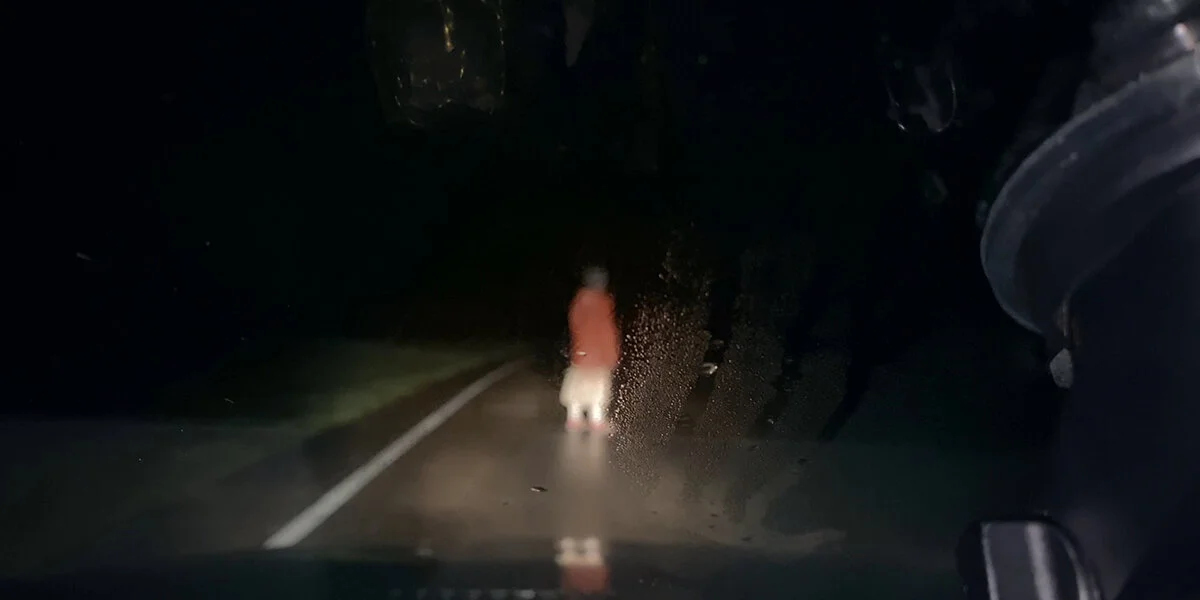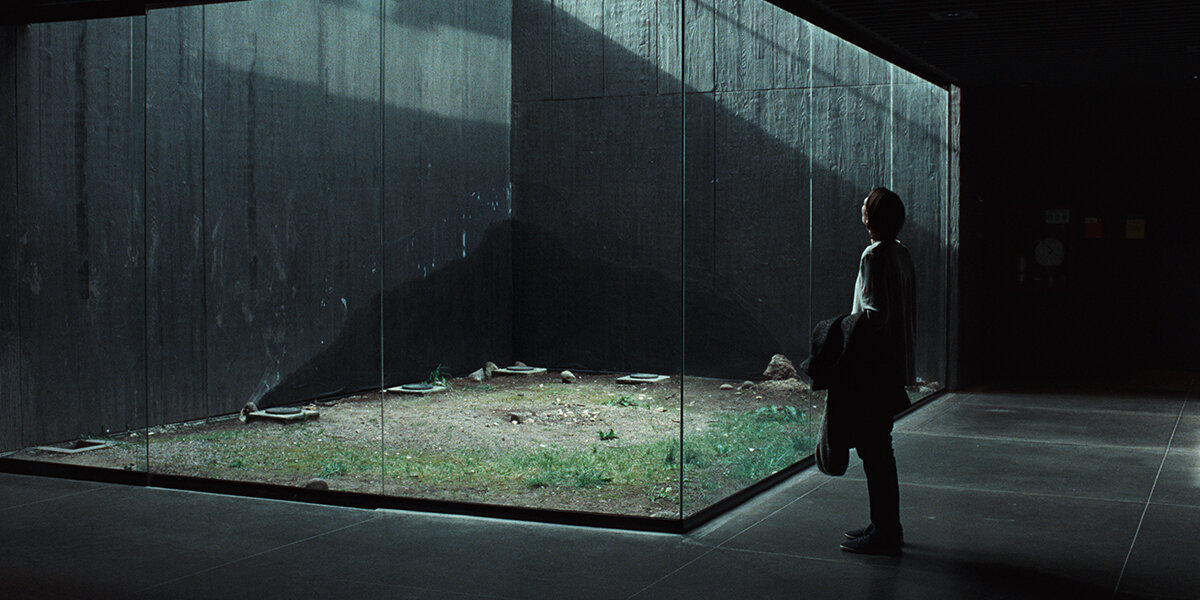Review by Zach Dennis and Andrew Swafford
Andrew: To talk about Neptune Frost is to knowingly or unknowingly talk about Saul Williams, a multi-hyphenate wordsmith who got his start as a slam poet before acting in several films, publishing multiple books of poetry, becoming a critically acclaimed rapper, and has now co-directed his own film. He’s working with a co-director – the relatively unknown Rwandan actress and playwright Anisia Uzeyman – but Neptune Frost feels like it belongs entirely to Saul Williams. Most, if not all, of the music in the film comes from Williams’s last two albums (2016’s MartyrLoserKing and 2019’s Encrypted and Vulnerable), and the storyline is the realization of an underlying concept tying those two albums together, which involves gender-fluid African hackers rising up against their oppressors as they are exploited by Western industrialism in the extraction of Coltan, a rare mineral that much of the world has become completely dependent on due to its use in the manufacturing of mobile phones and laptops.
You’d be forgiven for not being able to figure out that’s the premise, however, due to the obtuse and elliptical plotting of Neptune Frost. The characters, when they speak to each other, speak in quasi-mystical language that doesn’t always hold together logically – if its holding the audience’s attention at all. And despite being grounded in a very material political situation that Saul Williams cares deeply about, the characters of this world exist in a parallel universe where computers and the internet function very differently. The citizens of Neptune Frost have internet-enabled devices coming out of their arms or wound up in their hair, which is all very cool to look at and is part of a grander tradition of afrofuturism, but the worldbuilding is yet another layer of narrative that is being held at arms length from the viewer.
To be blunt, I was deeply lost watching Neptune Frost. It could be due to my own unintelligence or inattentiveness or it could have been my cultural ignorance as a White American watching a film set in a world that has been systematically hidden from my own due to my world’s sinister reliance on its continued exploitation. But as someone who has been listening to Saul Williams for over 15 years, I have another theory: this is Saul Williams’s version of Mamma Mia. And by “this is Saul Williams’s version of Mamma Mia,” I mean that it is an attempt to retrofit a logical narrative reality onto a collection of songs originally written in abstract/poetic language, however conceptual. Poetry, by its very nature, can be free-associative and assumed to be metaphorical, whereas narrative films are weighed down by a certain level of foundational concrete reality. They don’t have to be, of course, but Neptune Frost makes the bizarre decision to weave a narrative out of individual Saul Williams lyrics, even putting them in the mouths of characters in dialogue with one another, and it just doesn’t make for a cohesive or comprehensible film-world.
The presence of the music in the film didn’t really help carry me through it, either, as none of it is performed by Williams himself and very little of it is performed in its original language. As a result, the music lacks that commanding presence that Williams brings to his albums and the auditory wordplay can’t really be enjoyed on an aesthetic level by his primary fanbase of English-speakers. The beats and melodies do get more engaging in the second half, however, as the music shifts from being pulled primarily from Encrypted and Vulnerable (which I found to be an inscrutable and unsatisfying record in its insistence in relying on spoken word over rap) to being pulled from MartyrLoserKing (which absolutely rips). I have no idea why Williams decided to structure his story in this way – working backwards through his last two albums – but it makes the film feel somewhat off-balance due to the two halves’ stark stylistic differences.
The film’s visual language felt very low-budget and lackadaisical to me, too, despite the futuristic concept and occasional montage of digital effects collapsing in on each other. But Zach, I know that you vibed a lot more with the aesthetics of this movie, so I’m curious: what worked for you about it?
Zach: I don’t know if this makes all that much sense, but to me, this film just kind of vibrated throughout. I think I was very forgiving of Neptune Frost constantly feeling a bit like nothing I’d ever seen before. I said as much when I gave an instant reaction after watching the film, and while I may not be incredibly high on it overall, I think that statement still holds truth.
You think about some of the design with some of the characters, specifically the mystical being they speak with that has the wheels on his head. That might be something that doesn’t lead to much, as you’re describing, but to me, it was at least visually evocative and held my attention in place.
It does drag, though. You get these very spiritual moments where it seems like our main character is going deeper into this world and then we muddle about for a while before a new piece starts playing. I agree that I felt lost, but I also didn’t find it so far off other projects from musicians that are similar. Not that they’re really the same, but think of something like David Byrnes’s American Utopia from last year. I think Byrne is working a bit like Saul Williams in that film where there’s a slim narrative connecting one piece to another, but the whole concept is really just a way to experience (or re-experience) his career work in a different space than before (in that case, more of a interactive theatrical setting rather than a more traditional concert one).
I think that’s one way to view Neptune Frost: as an experiment in experience by Williams, and a reason to re-purpose some of his work within a new form – but whether that’s successful or not is a different story.



